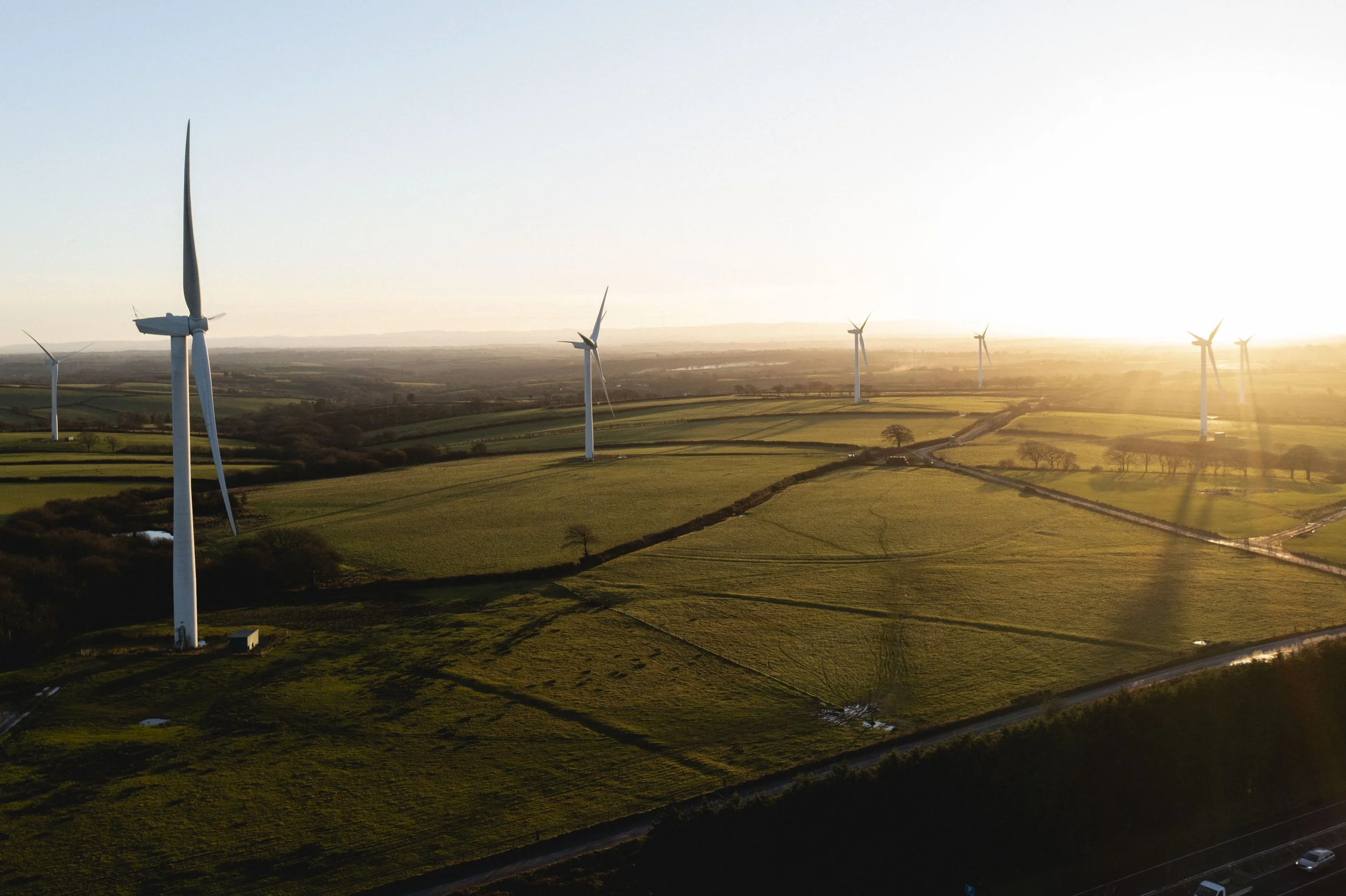Trump on wind - will it all blow over?
Trump on wind - will it all blow over?
Donald Trump’s views on renewable energy and his support for the continued use of fossil fuels are well-known.
But expressing those highly negative views in Scotland, which hosts a significant number of wind turbines generating electricity for the UK, has added new impetus to the debate on the visual impact and effectiveness of wind power and renewables more generally.
And making such comments while sitting alongside Prime Minister Keir Starmer, whose government is pursuing a commitment to building more renewables, has also put extra focus on the energy policies of the Labour Government.
Renewable energy sceptics leapt upon President Trump’s comments, made at a long and at times rambling press conference at his golf course in South Ayrshire with Sir Keir on July 28th.
Ardent campaigners see the President’s intervention as fuel for an anti-renewables backlash and a chance to put the further exploitation of oil and gas from the North Sea back on the agenda.
Yet it is hard to see President Trump’s intervention having much of an impact on the real debates around renewables, particularly solar PV, which are taking place at sites all over the country and remain primarily local issues.
Most of the protesters against the creation of solar farms in rural areas are not natural supporters of Donald Trump, we would suggest. The majority express a general backing for renewable energy and an acceptance of the negative impact of fossil fuels on the environment and the climate.
Their concerns – and they need to be respected and understood – relate to the establishment of a solar farm near to their homes and communities, erected on land they consider ought to be preserved for farming, specifically food production.
Their arguments are best countered through information, engagement and consultation – all of which needs to begin well before proposals for a solar farm, battery storage facility, onshore wind farm or AD plant have been put forward.
Donald Trump is clearly beyond persuading of the merits of renewable energy. His criticisms left an uncomfortable Keir Starmer struggling to balance his own enthusiasm for the technology with the need to be diplomatic.
Sitting, as he was, alongside an unpredictable US President who wields significant influence, economically and militarily, it was the best strategy.
Landowners who can see the benefits of providing sites for renewable projects, to help the Government meet net zero targets and diversify their businesses, require similar diplomatic skills when dealing with neighbours and other stakeholders opposed to their plans.
Those committed campaigners against new solar projects may not have the power of Donald Trump. But they can make life uncomfortable for those pursuing renewable projects and bring pressure to bear on the decision makers.
It will never be possible to win over all the sceptics. But demonstrating a project’s environmental benefits, its value to the community and the part it can play in mitigating climate change must all be explained, feedback noted and, where possible, reasonable suggestions taken on board.
Donald Trump is a disrupter, revelling in shaking things up, making unscheduled and unexpected interventions and ignoring the normal rules of engagement that advise against the leader of one country commenting on another’s domestic issues.
He earned some praise from UK farming leaders for explaining his own generous tax policies towards US farmers which contrast with Keir Starmer’s decision to scrap inheritance tax relief on family farms, posing a threat to the viability of the sector.
Overall, however, his influence on UK policies affecting land management is unlikely to have any long-term impact.
Andrew Howard, KOR Communications’ Senior Consultant in Public Affairs, says: “Donald Trump can say what he likes about the UK renewables sector or British farming. His interventions will change little for landowners who must work within the policies of the UK government.
“Landowners and managers will continue to prioritise strategies that match their business aims and objectives – and must do so in a way that acknowledges the importance of engagement with all those affected by what they do. Most of them have long-term ambitions for the land they care for. While Mr Trump’s interventions may grab the headlines, they will be fleeting.”
If you need support for a renewable energy project, please contact KOR Communications at hello@korpr.co.uk

